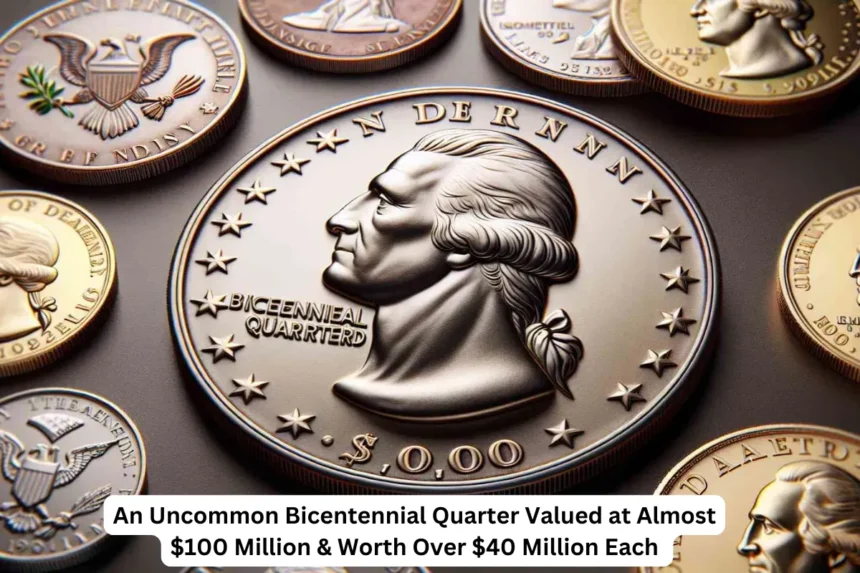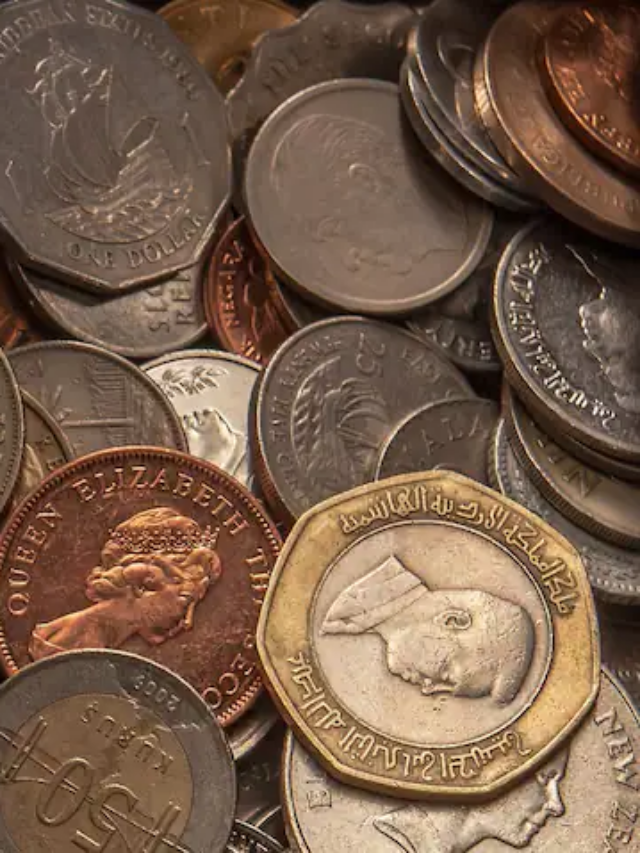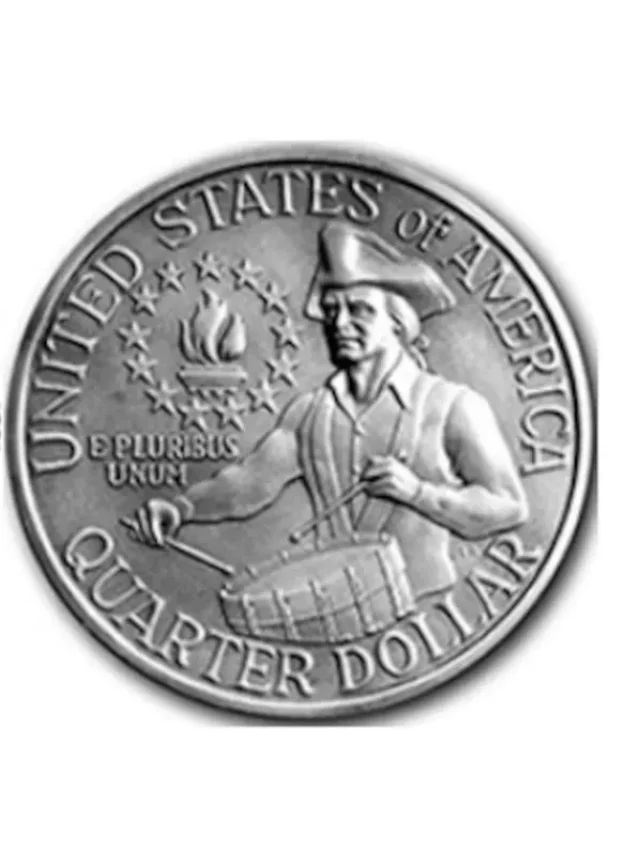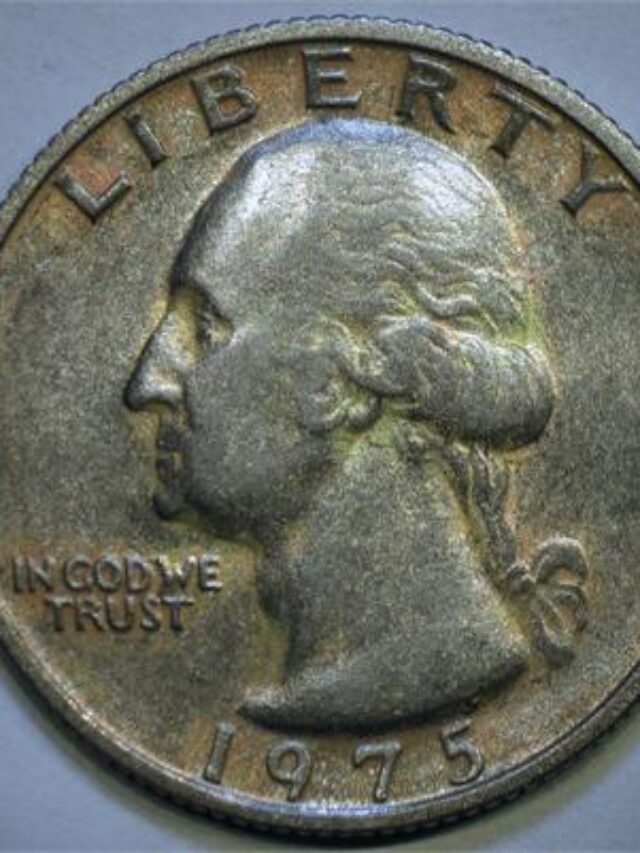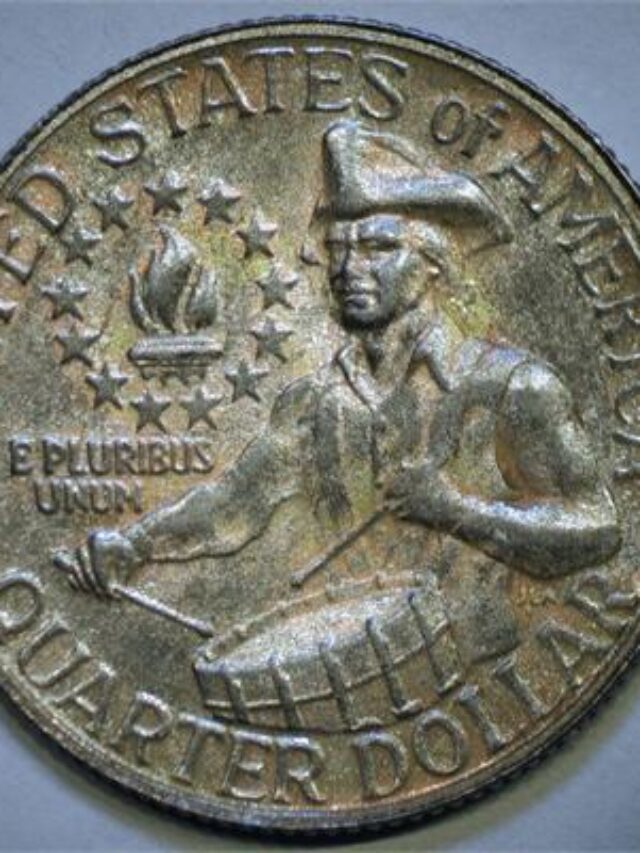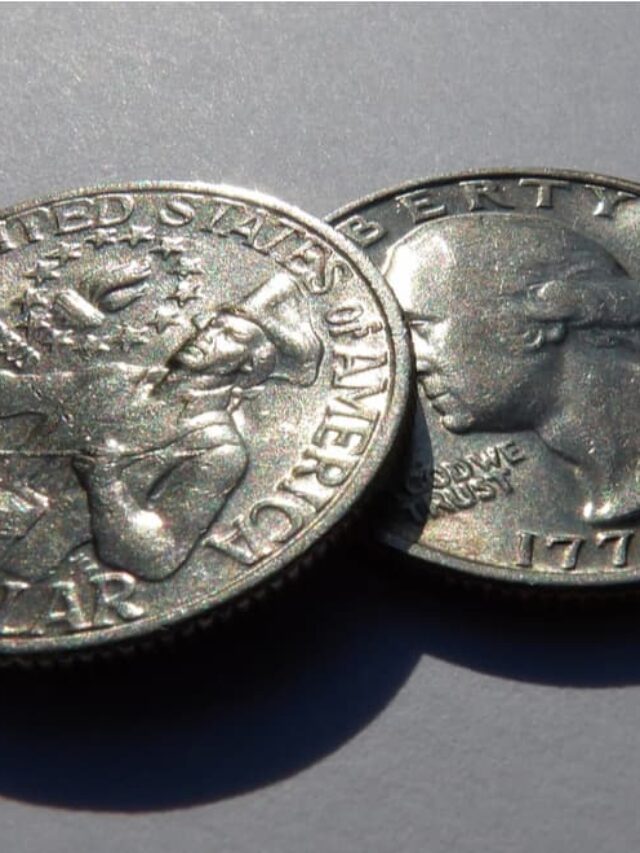In the world of coin collecting, the fascination often lies in rarity and historical significance.
Coins that possess these traits tend to command high prices among collectors and investors alike.
However, the story of a particular Bicentennial Quarter, valued at almost $100 million with individual pieces worth over $40 million each, stands out as a remarkable anomaly.
This uncommon find has captivated the coin collecting community, transforming a simple piece of currency into a coveted treasure.
Here, we delve into the history, discovery, and unique attributes that contribute to the extraordinary valuation of this Bicentennial Quarter.
The Bicentennial Quarter: A Brief History
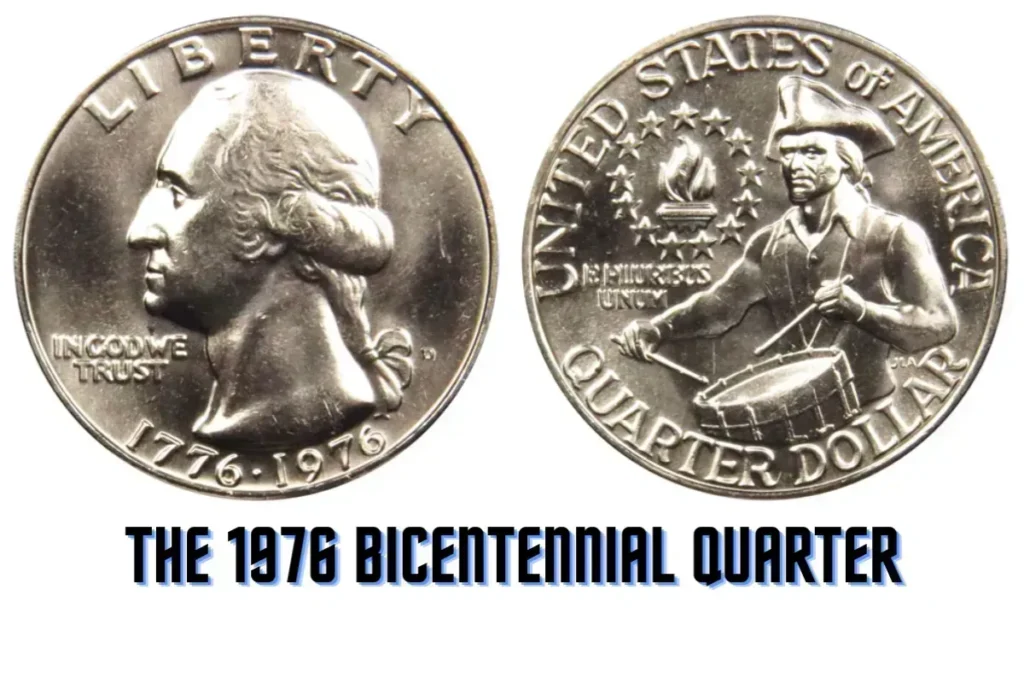
The United States Bicentennial, celebrated in 1976, marked 200 years since the signing of the Declaration of Independence.
To commemorate this historic occasion, the U.S. Mint released special designs for the quarter, half dollar, and dollar coins.
The Bicentennial Quarter featured a unique reverse design by Jack L. Ahr, depicting a colonial drummer with a victory torch encircled by thirteen stars, symbolizing the original thirteen colonies.
These quarters were minted in large quantities and circulated widely, making them common finds in everyday transactions.
However, within this broad circulation, a handful of Bicentennial Quarters emerged with distinguishing characteristics that would later elevate their status and value significantly.
The Discovery of the Uncommon Bicentennial Quarter
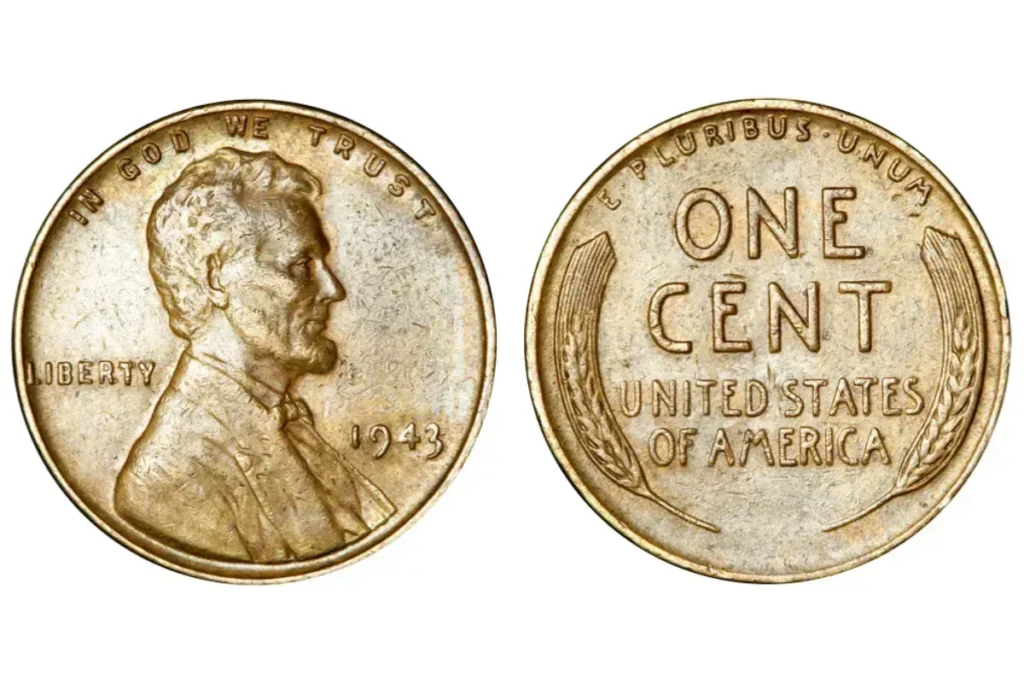
The story of the uncommon Bicentennial Quarter begins with a fortuitous discovery by a seasoned numismatist, who stumbled upon a peculiar quarter while examining a collection acquired from an estate sale.
What caught the expert’s attention was not immediately obvious to an untrained eye, but detailed scrutiny revealed distinct anomalies.
This particular quarter exhibited a series of deviations in weight, metal composition, and minting errors that diverged from the standard issues of the 1976 Bicentennial quarters.
Upon further investigation and validation by multiple reputable numismatic authorities, it was confirmed that this quarter was part of a minuscule batch of experimental coins.
These coins were initially struck to test a new minting process that was ultimately abandoned.
Only a few specimens survived, making their existence nearly mythological within the coin collecting community.
Unique Attributes Elevating Its Value
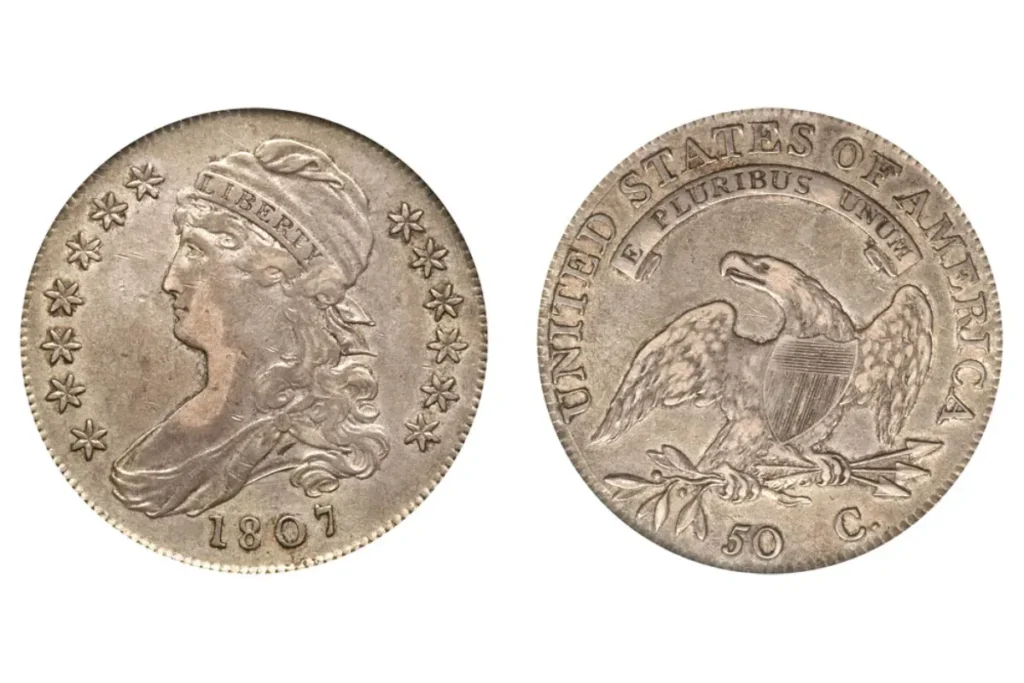
Several factors contribute to the astronomical value of these uncommon Bicentennial Quarters. Below are the key attributes that set them apart:
Experimental Metal Composition:
Unlike the standard copper-nickel clad composition of Bicentennial Quarters, the uncommon versions were minted using a silver alloy intended to enhance durability and aesthetic appeal.
This experimental composition was never released into general circulation, making these quarters incredibly rare.
Distinct Weight:
The uncommon Bicentennial Quarters have a slightly different weight compared to their standard counterparts.
This subtle variance is due to the unique metal mix and has been a critical identifier for authentication.
Minting Errors:
These quarters possess certain minting anomalies, such as doubled dies and off-center strikes, which are highly prized by collectors.
Such errors, coupled with the already rare experimental nature of the coin, further augment its value.
Historical Significance:
The coins not only commemorate the United States Bicentennial but also represent a piece of minting history that was never meant to enter the public domain.
Their story adds a layer of intrigue and desirability.
The Valuation Journey
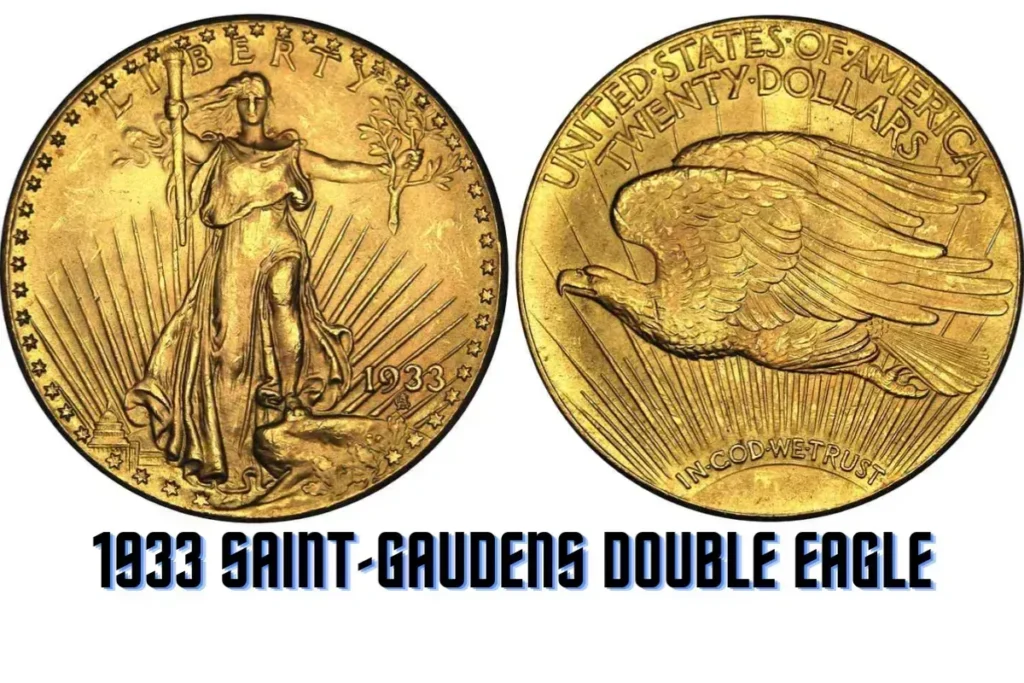
Valuing such rare coins involves a complex interplay of numismatic expertise, market demand, and historical significance.
Initially, the uncommon Bicentennial Quarter’s value was speculative. However, as word spread and more examples were authenticated, the valuation soared.
Auction houses and private collectors vied for ownership, driving up prices to unprecedented levels.
The turning point came when a private sale reportedly closed at close to $100 million for a set of these quarters, with individual coins valued at over $40 million each.
This valuation reflects not only the coin’s rarity and uniqueness but also its perceived investment potential.
High-profile sales often set benchmarks, and in this case, established the Bicentennial Quarter as one of the most valuable coins in the world.
The Impact on the Numismatic Community
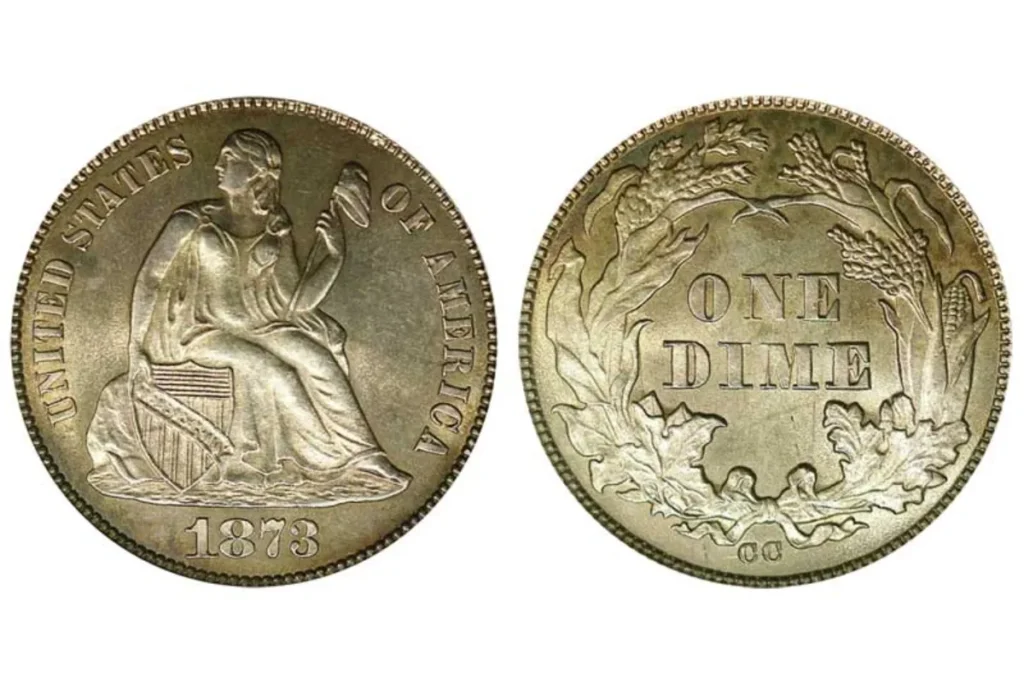
The discovery and subsequent valuation of the uncommon Bicentennial Quarter have had profound effects on the numismatic community.
Firstly, it has reignited interest in coin collecting as both a hobby and an investment opportunity.
The notion that a seemingly ordinary coin could be worth millions has captured public imagination and inspired a new generation of collectors.
Secondly, it has underscored the importance of meticulous examination and authentication in numismatics.
Coin experts and collectors are now more vigilant, paying closer attention to the subtleties that might distinguish a common coin from a priceless gem.
Authentication and Preservation
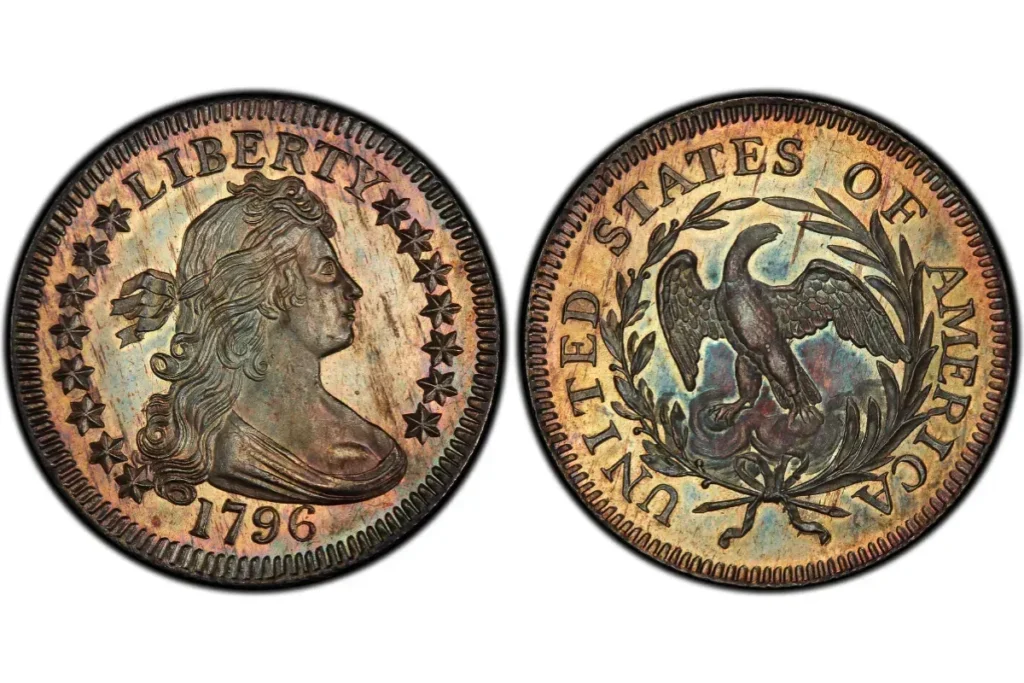
Ensuring the authenticity of such high-value coins is paramount.
Renowned grading services like the Professional Coin Grading Service (PCGS) and the Numismatic Guaranty Corporation (NGC) have been instrumental in certifying the uncommon Bicentennial Quarters.
Their rigorous authentication process includes detailed analysis of the coin’s metal composition, weight, and minting characteristics, coupled with a provenance review.
Once authenticated, preservation becomes crucial.
These coins are typically stored in high-security environments with controlled temperatures and humidity to prevent deterioration.
Collectors often use protective cases made from inert materials to safeguard the coin’s condition.
A Symbol of American History and Numismatic Excellence
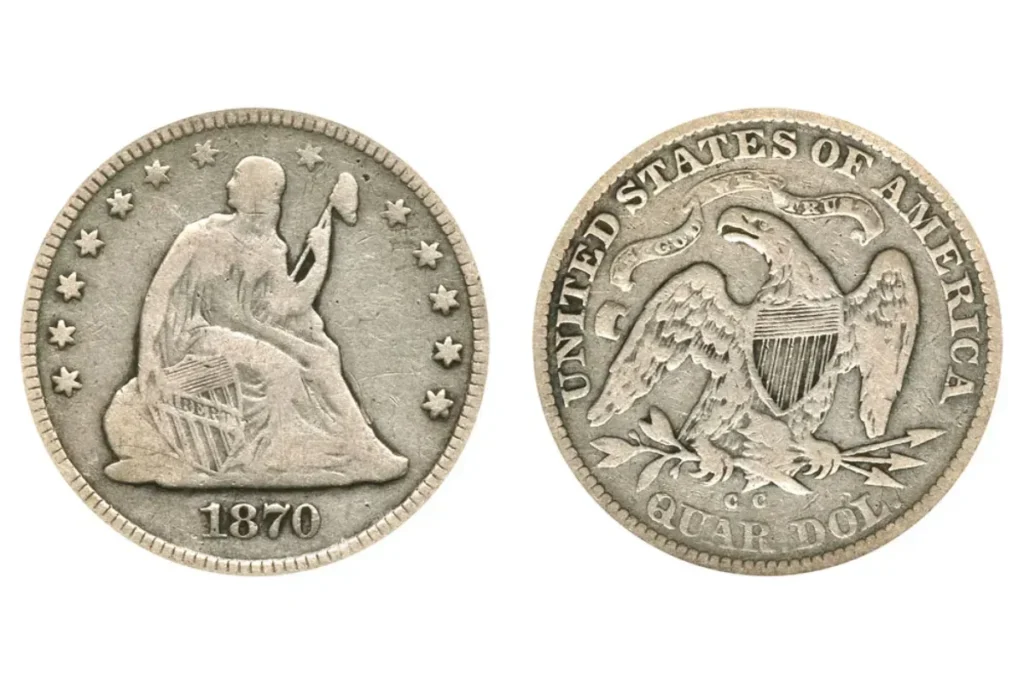
The uncommon Bicentennial Quarter represents more than just a monetary asset; it is a symbol of American history and numismatic excellence.
Each coin encapsulates a pivotal moment in U.S. history and showcases the craftsmanship of the U.S. Mint.
For collectors, owning such a coin is akin to holding a tangible piece of history, a relic that transcends its material value.
The Future of Rare Coin Collecting
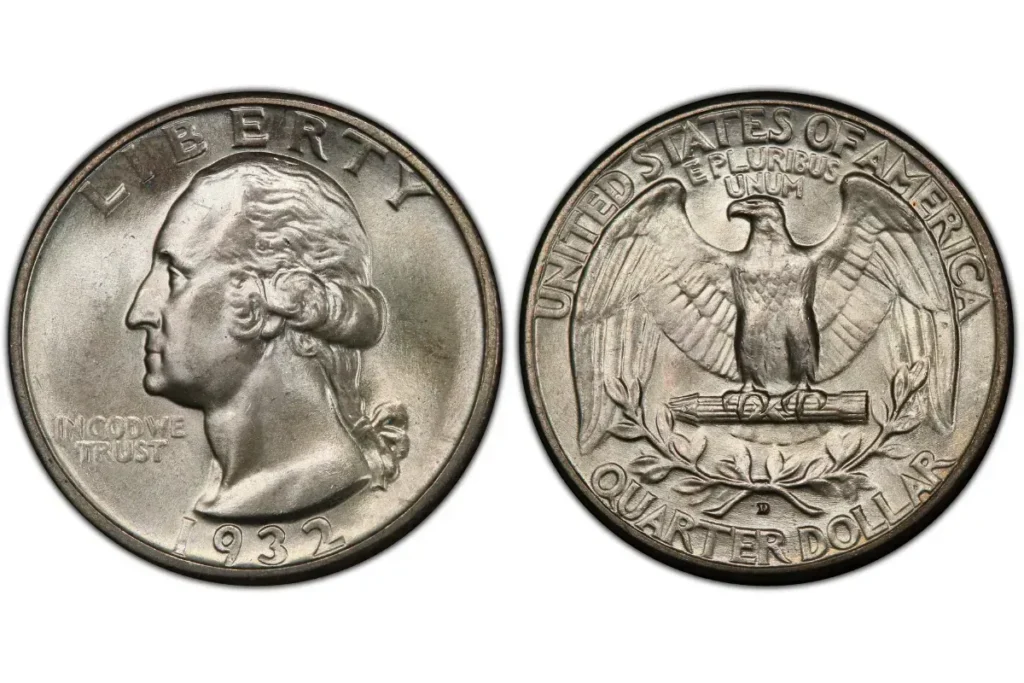
The extraordinary story of the uncommon Bicentennial Quarter hints at a promising future for rare coin collecting.
As technology advances, new methods of discovering and authenticating rare coins will emerge, potentially uncovering more hidden treasures.
Additionally, the increasing popularity of digital platforms for auctions and sales will broaden the market, making it easier for collectors to connect and trade.
Conclusion
The uncommon Bicentennial Quarter, valued at almost $100 million with individual pieces worth over $40 million each, is a testament to the enduring allure of rare coins.
Its rarity, historical significance, and the intrigue surrounding its discovery have solidified its place in the annals of numismatic history.
For collectors and enthusiasts, it serves as a beacon of the unexpected fortunes that can be found within the world of coin collecting.
As this extraordinary coin continues to captivate the imagination, it reinforces the timeless appeal of numismatics and the perpetual quest for discovering the next great rarity.
Latest Web Stories
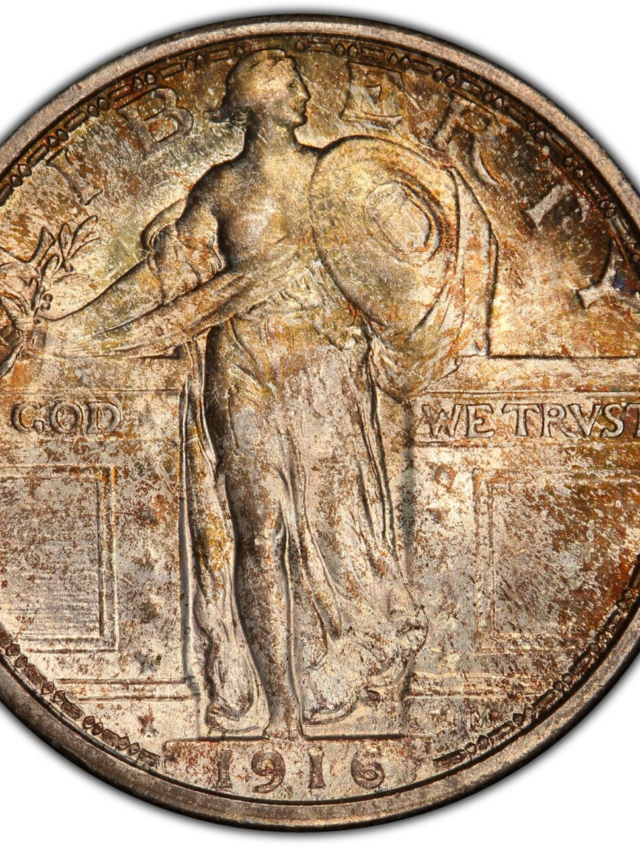 1 Most Valuable Standing Liberty Quarters Worth Over $100 Million USD
1 Most Valuable Standing Liberty Quarters Worth Over $100 Million USD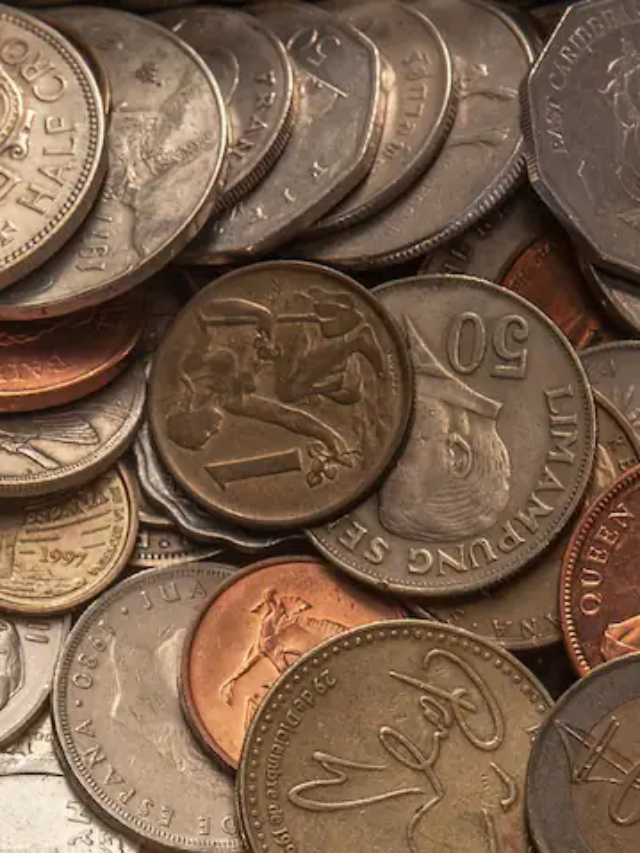 1 Pennies from the 1800s Worth $499 Million USD
1 Pennies from the 1800s Worth $499 Million USD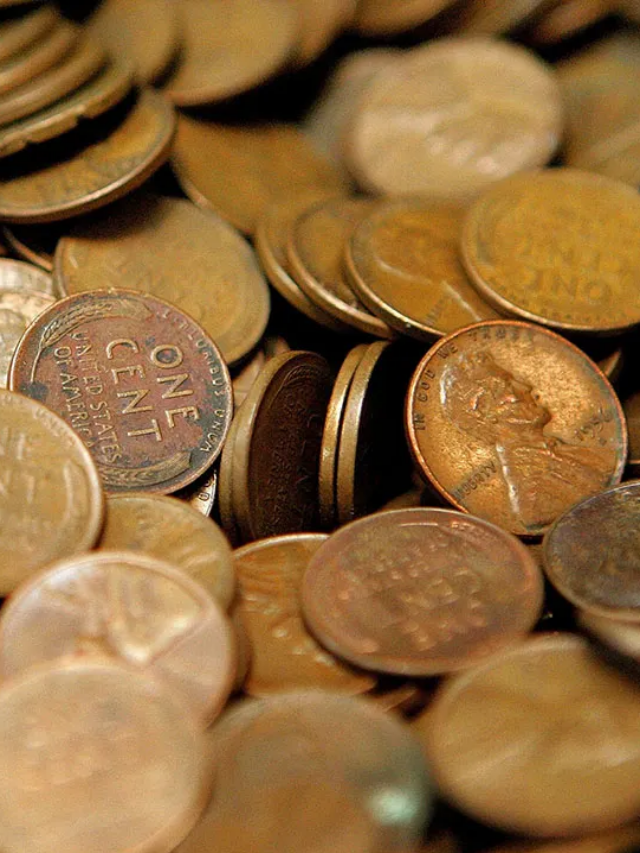 10 Pennies from the 1800s Worth $510 Million USD
10 Pennies from the 1800s Worth $510 Million USD 10 Pennies from the 1800s Worth $90 Million USD
10 Pennies from the 1800s Worth $90 Million USD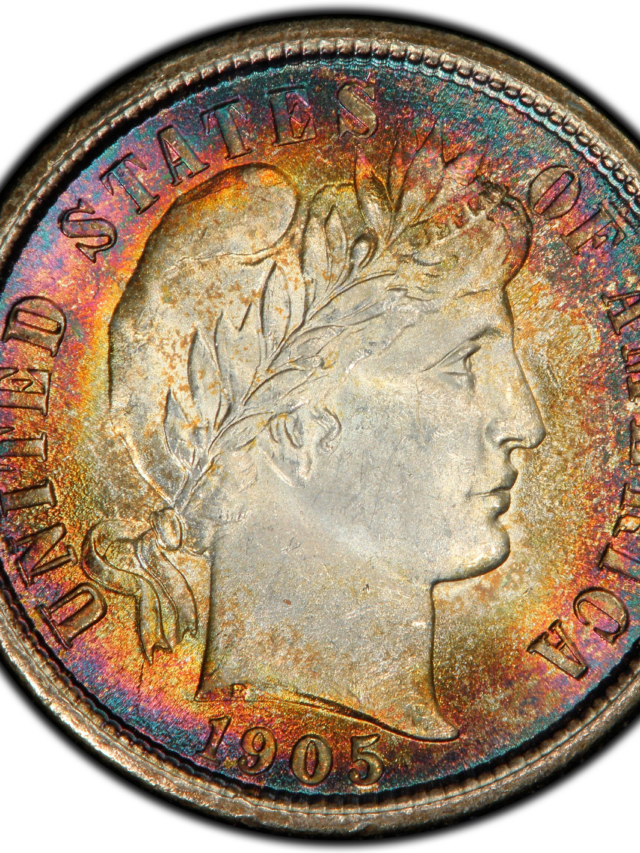 125-year-old dime sells for $1.32 Million
125-year-old dime sells for $1.32 Million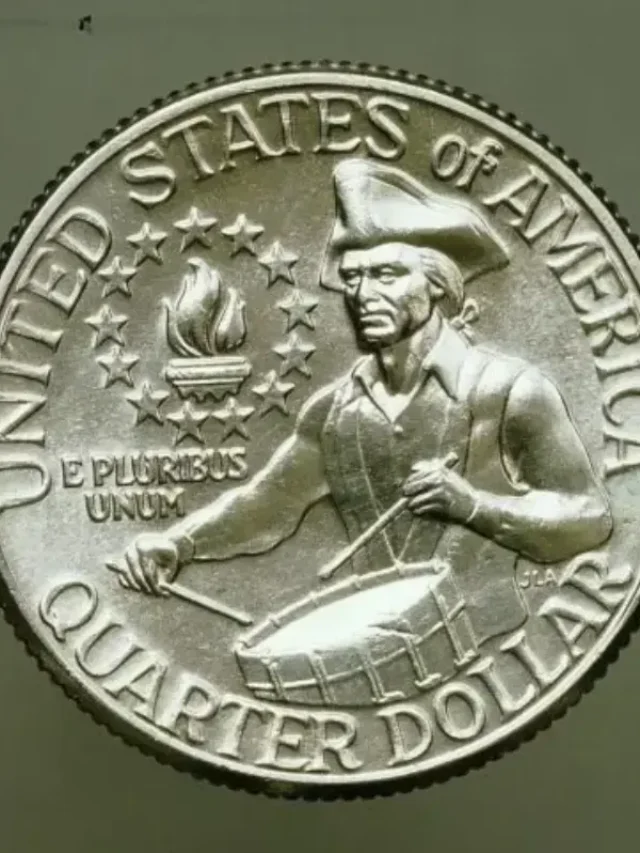 1776 To 1976 D Quarter Doller ValueCoinTrackers
1776 To 1976 D Quarter Doller ValueCoinTrackers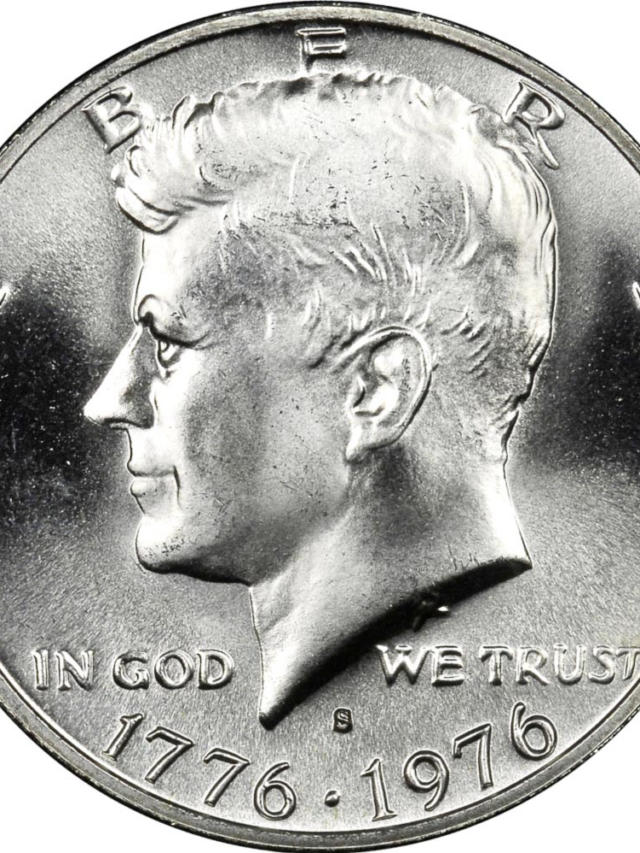 1776-1976 S Silver 50C MS
1776-1976 S Silver 50C MS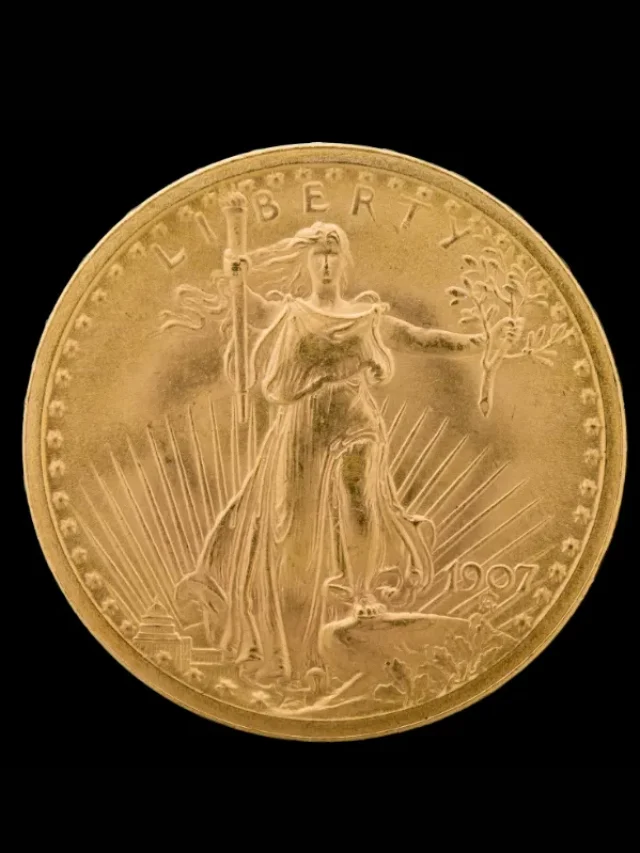 1776-1976-D Bicentennial Quarter DDO & DDR Also Filled IN D
1776-1976-D Bicentennial Quarter DDO & DDR Also Filled IN D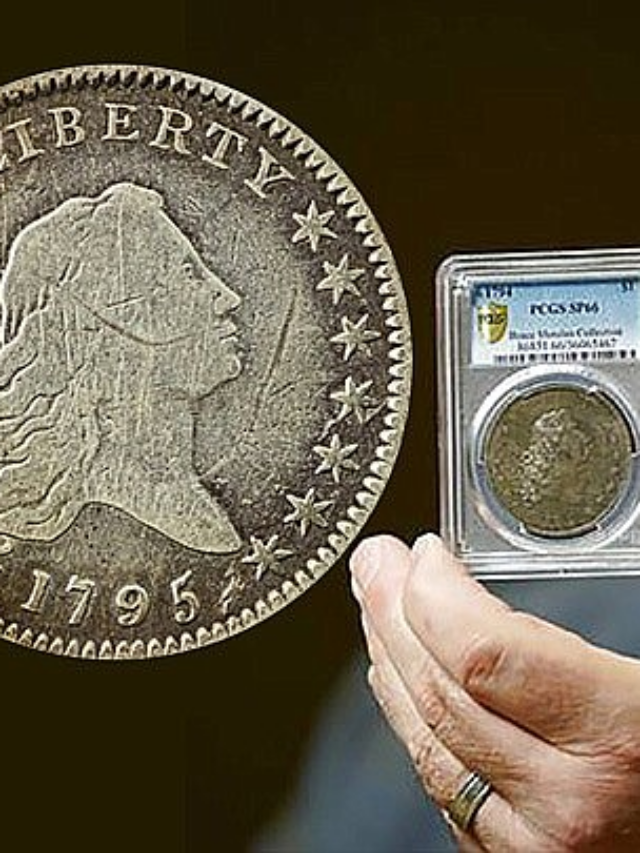 1794 Flowing Hair Dollar
1794 Flowing Hair Dollar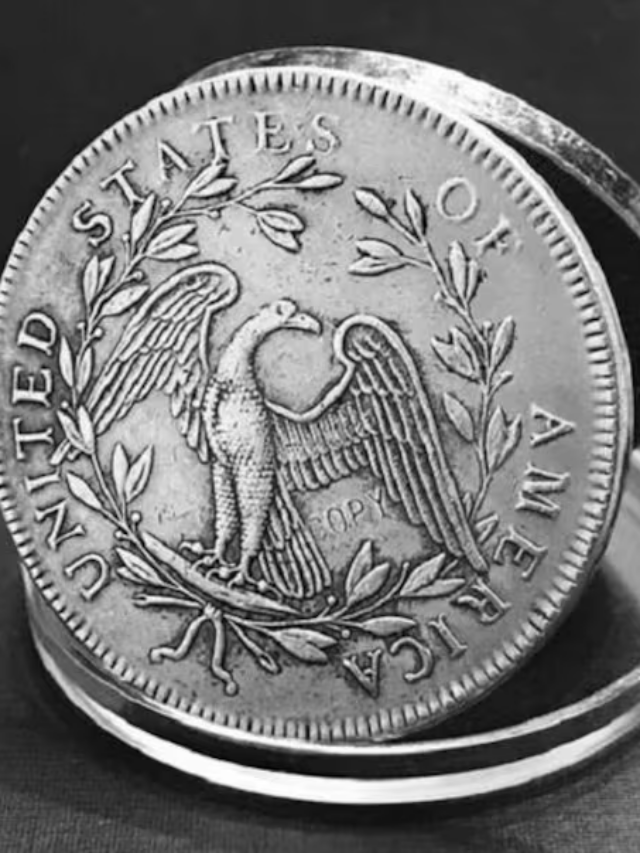 1794 Flowing Hair Silver Dollar – The First of Its Kind: Valued at over $60 Million
1794 Flowing Hair Silver Dollar – The First of Its Kind: Valued at over $60 Million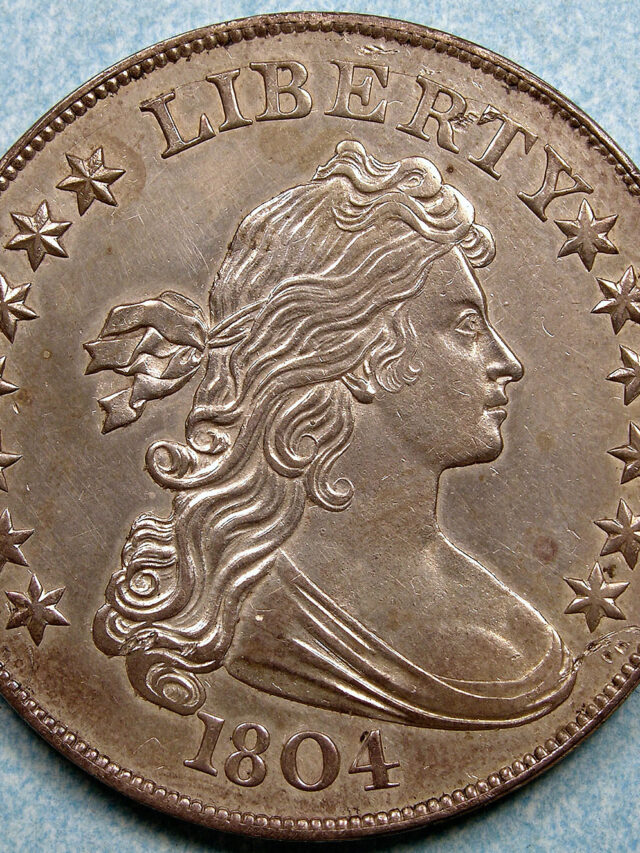 1804 Draped Bust Silver Dollar
1804 Draped Bust Silver Dollar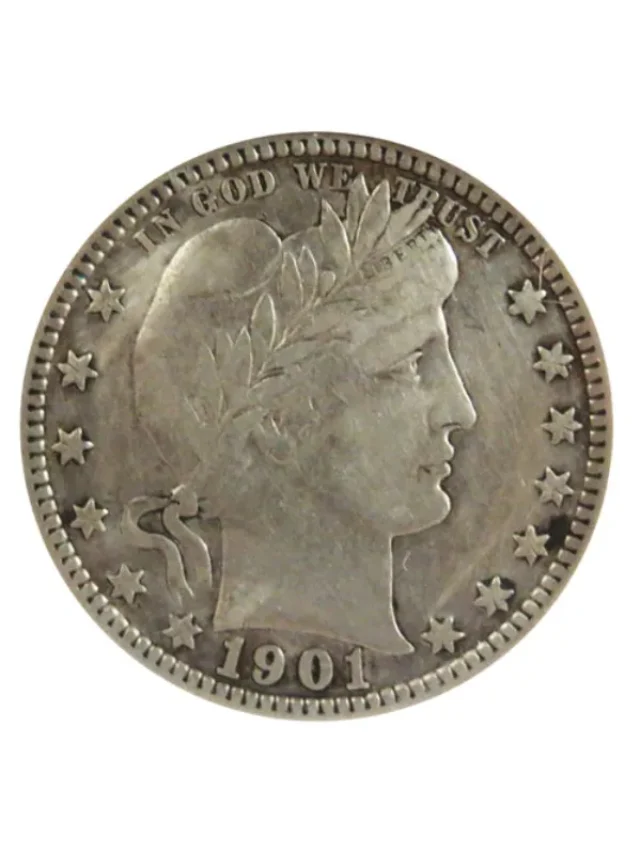 1894 dime sells for $1.3 million
1894 dime sells for $1.3 million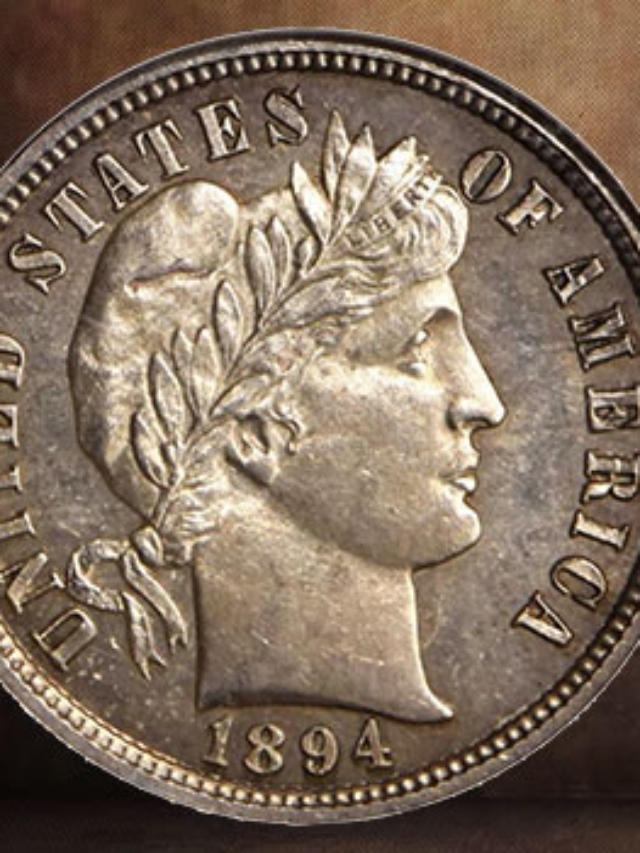 1894-S Barber Dime
1894-S Barber Dime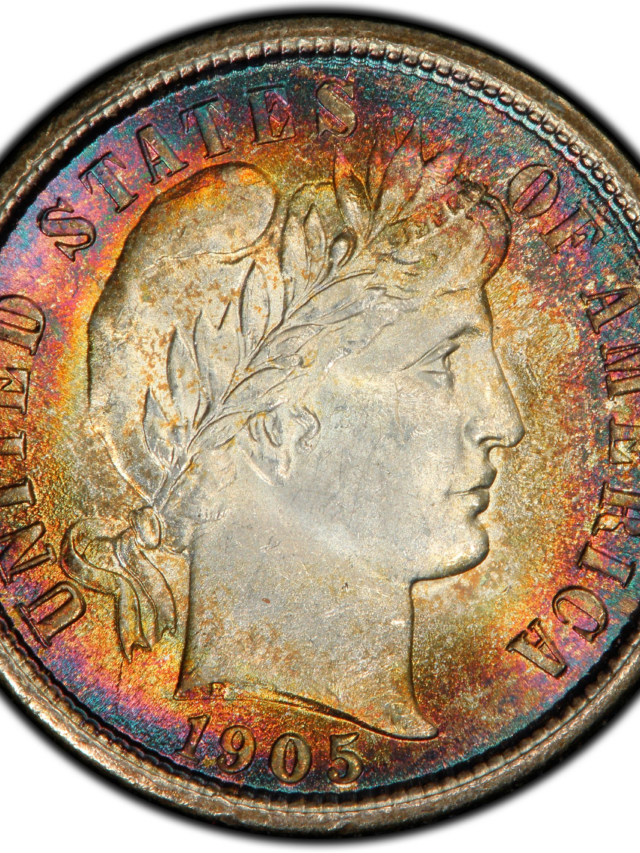 1905 10C (Regular Strike) Barber Dime
1905 10C (Regular Strike) Barber Dime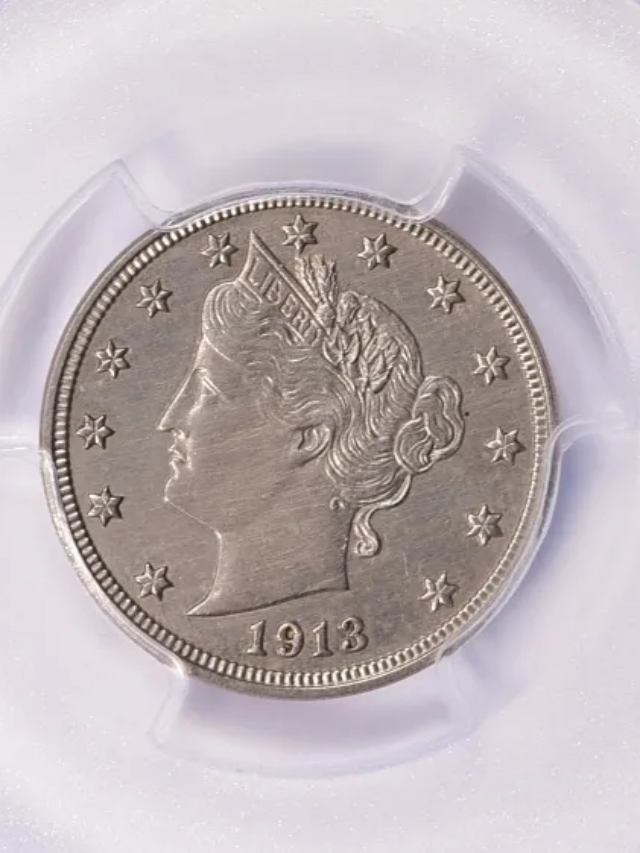 1913 Liberty Head Nickel
1913 Liberty Head Nickel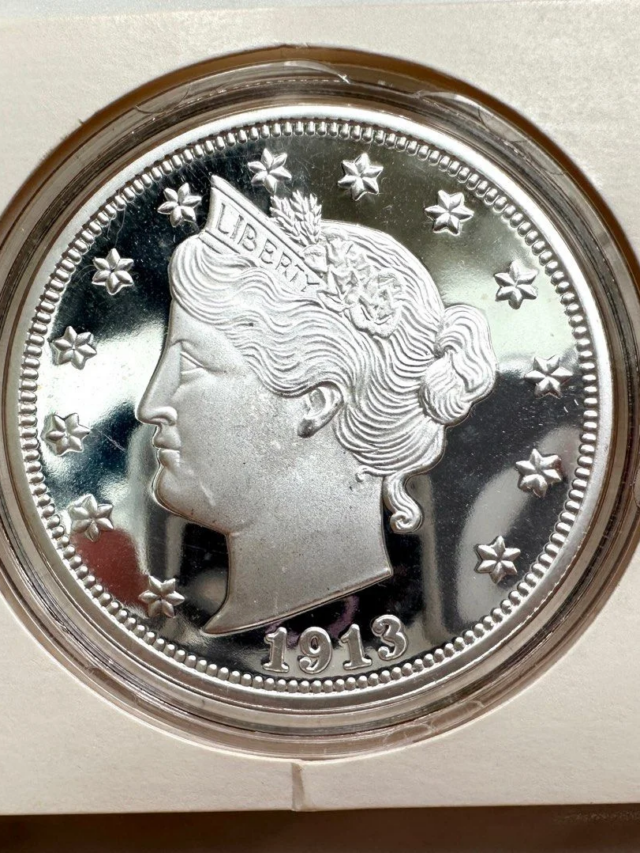 1913 Liberty Head Nickel – The Coin of Controversy: Valued at over $10 million
1913 Liberty Head Nickel – The Coin of Controversy: Valued at over $10 million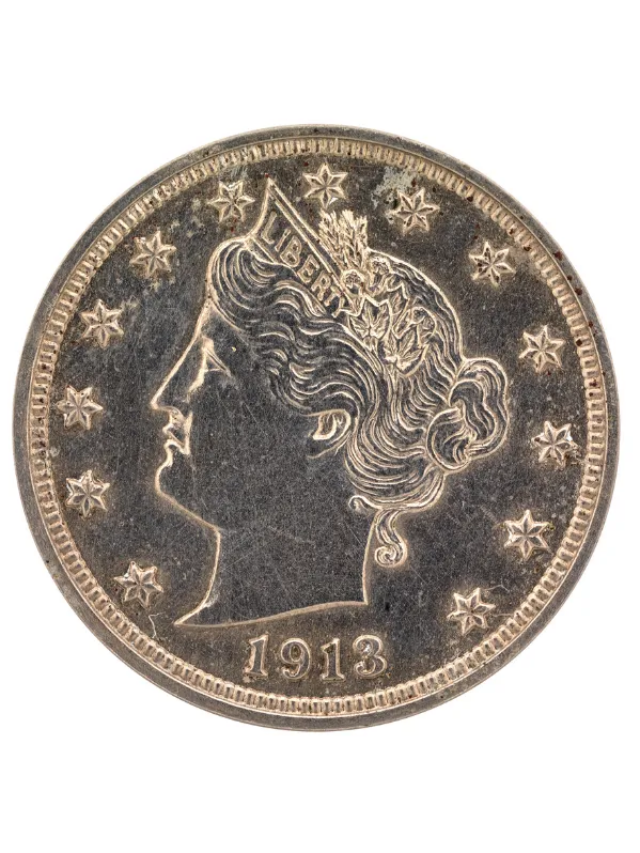 1913 Liberty Head Nickel- The Coin of Controversy: Valued at over $10 Million
1913 Liberty Head Nickel- The Coin of Controversy: Valued at over $10 Million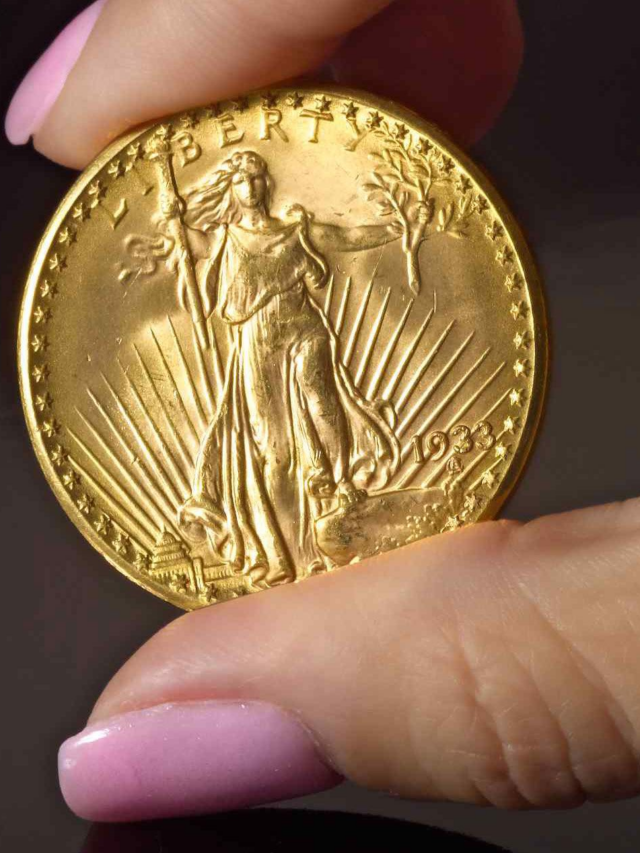 1933 Saint-Gaudens Double Eagle
1933 Saint-Gaudens Double Eagle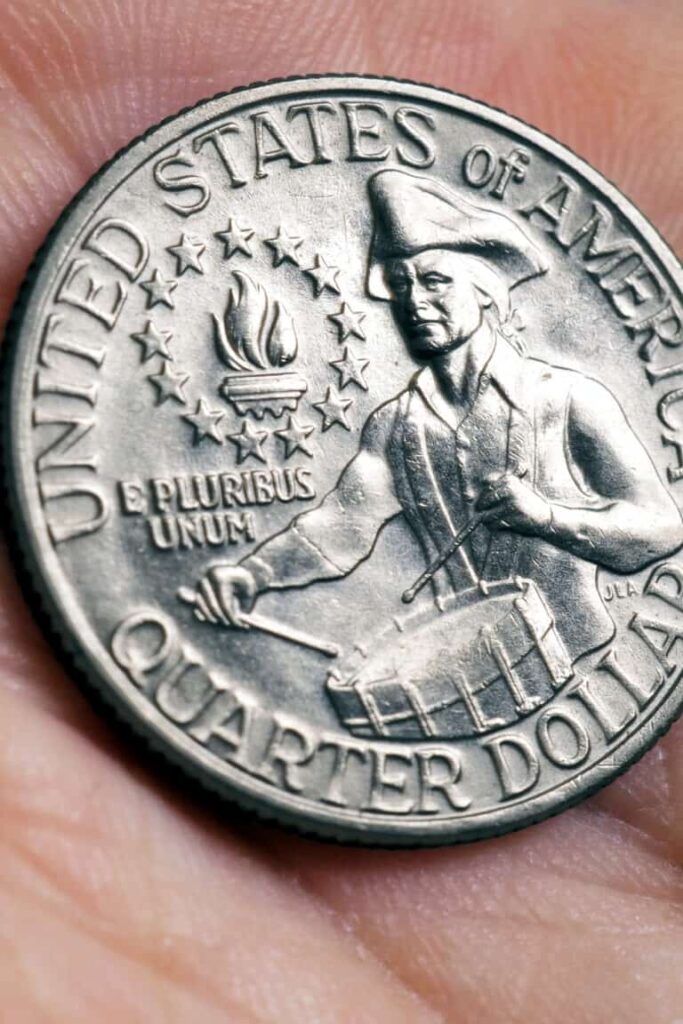 1936 Liberty Half Dollar Value Guide
1936 Liberty Half Dollar Value Guide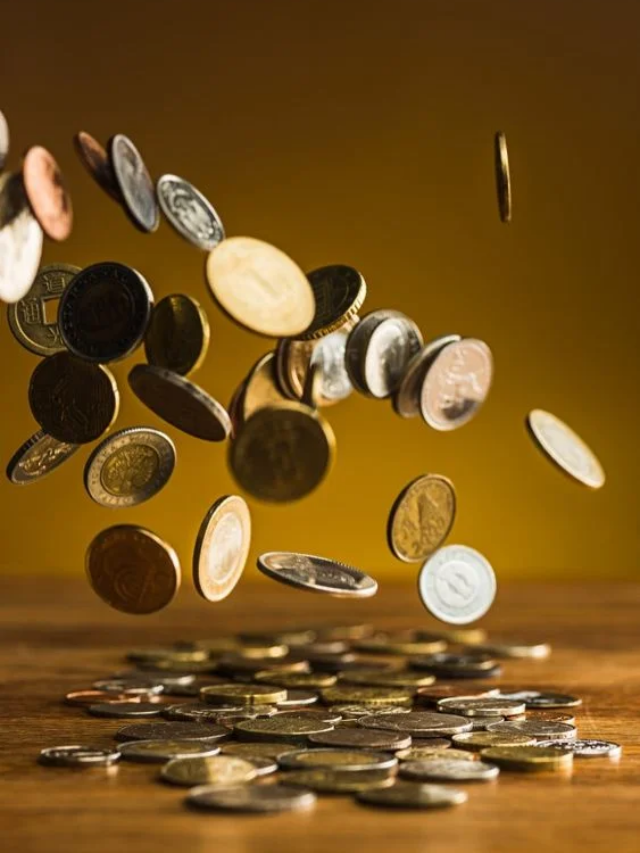 1976 – S 25C Silver (Proof) Washington Quarter
1976 – S 25C Silver (Proof) Washington Quarter

